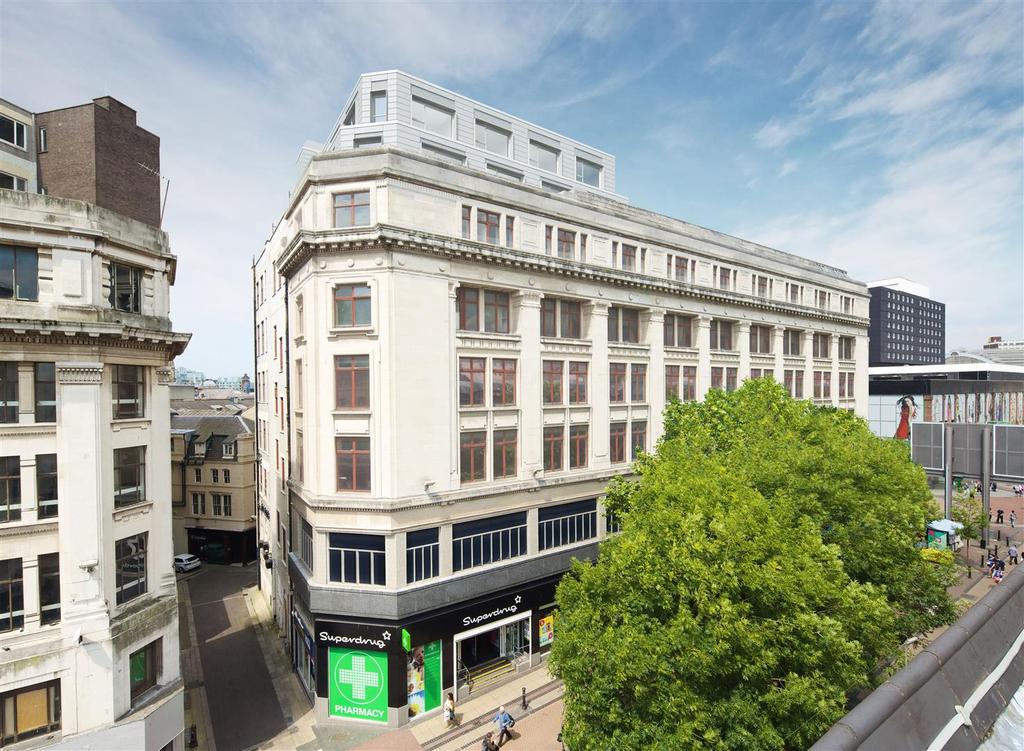
The Parker Street building is a 6-floor steel framed structure in the centre of Liverpool managed by Building Consultancy practice Colliers. The building was suffering from cracking and displacement of the brickwork cladding to the steel frame.
The Problem Identified: The rear brickwork face of the building was exhibiting cracks and some bulging. Exposure of the steel frame indicated corrosion in numerous sections had occurred, leading to formation of expansive corrosion products which in turn was applying disruptive pressure to the brickwork.
CPT Solution: In order to stop ongoing corrosion and prevent further damage at the Parker Street Building, CPT designed a DuoGuard™ hybrid anode system. Initially the bulging brickwork was removed to expose some of the steel I beams. DuoGuard anodes were then installed into the mortar surrounding the beams to deliver a protective current to the steel. Using an external power source, an impressed current was applied to stop active corrosion and render the steel passive. The DuoGuard anodes were then disconnected from the power source to self-generate a galvanic current, sufficient to maintain steel passivity and control corrosion.
Significant Benefits: Corrosion related deterioration of the Parker Street Building has been halted. After the initial power up period using an external power source the DuoGuard system is self-powered thus minimising future maintenance requirements and associated life costs.
Loch Street and Harriet Street multi-storey car parks formed part of the Bon Accord Shopping Centre in Aberdeen managed by Trident Building Consultancy and comprising 1400 No. parking spaces.
Having been built in the 1990’s and being exposed to de-icing salts for nearly 25 years, the reinforced concrete car park structures were showing signs of concrete degradation, potentially exacerbated by Aberdeen’s coastal location.
The Problem Identified – Following testing and investigation works, chloride contamination levels were, not surprisingly, found to be very high. In fact some values were exceptionally high, many in excess of 1.5% at the depth of the steel reinforcement. Further half-cell testing indicated 50% of the parking deck areas were at significant risk from chloride induced corrosion.
CPT Solution – The DuoGuard™ hybrid anode protection option was ultimately chosen for installation at both car parks. The anodes were installed into pre-drilled holes in the deck slabs to deliver a protective current to the steel. Using an external power source, an impressed current was applied to stop active corrosion and render the steel passive. The DuoGuard anodes were then disconnected from the power source to self-generate a galvanic current, sufficient to maintain steel passivity and control corrosion.
Significant Benefits – Whilst offering a commercially competitive solution, the system provided the longevity required by Trident to extend the life of the car park by 20 years+ without the need for a permanent power supply. Almost 22,000 anodes were ultimately installed providing a compellingly attractive saving to the client compared to other electro-chem options being considered.
Share this article: